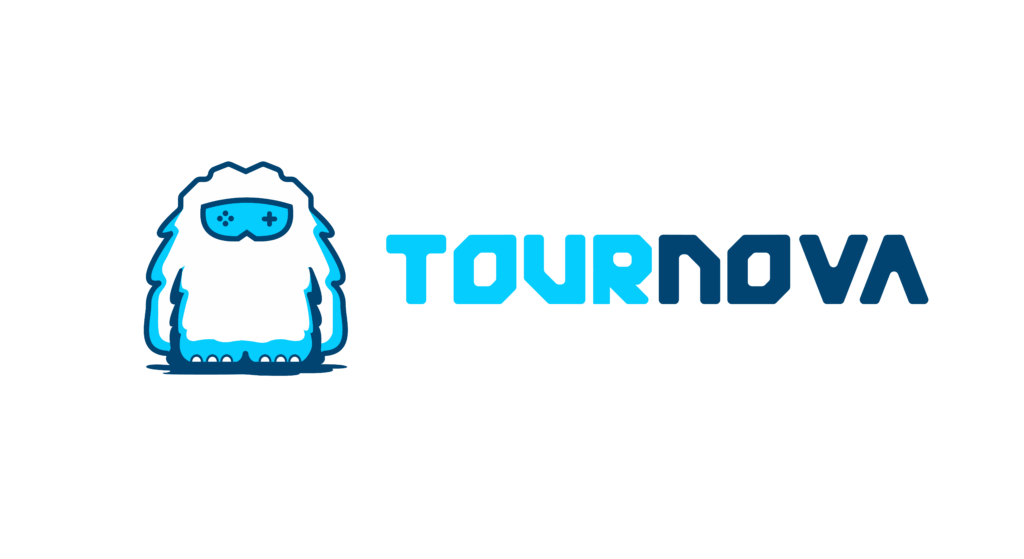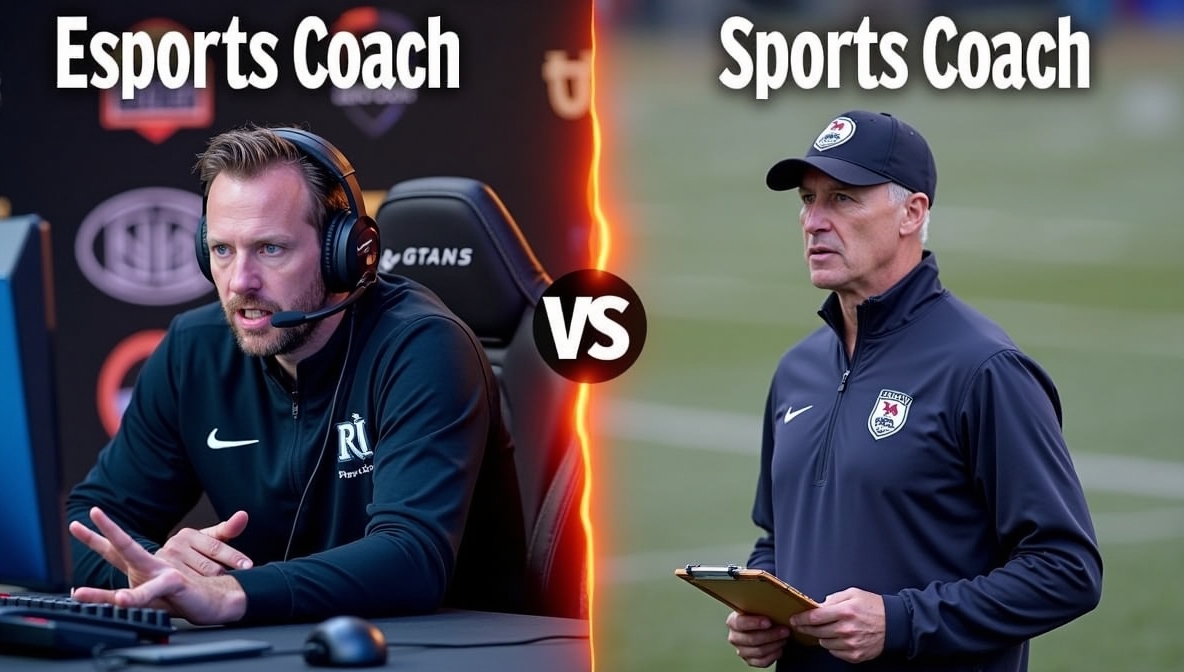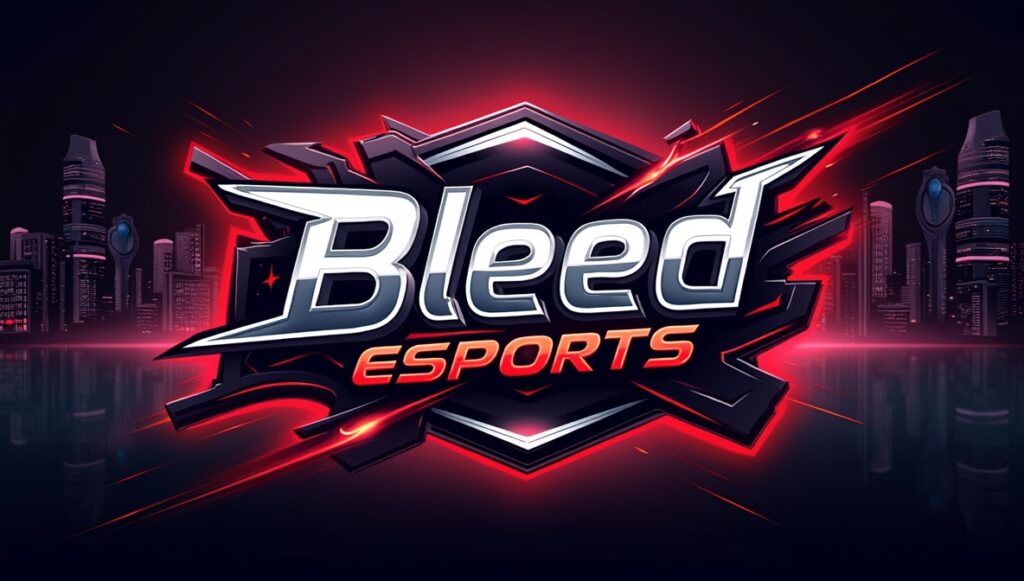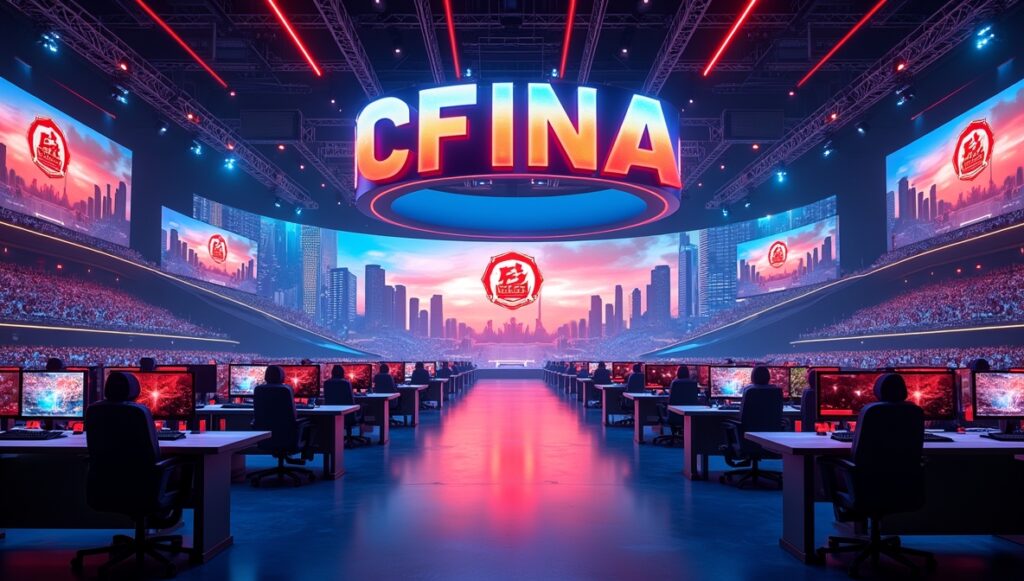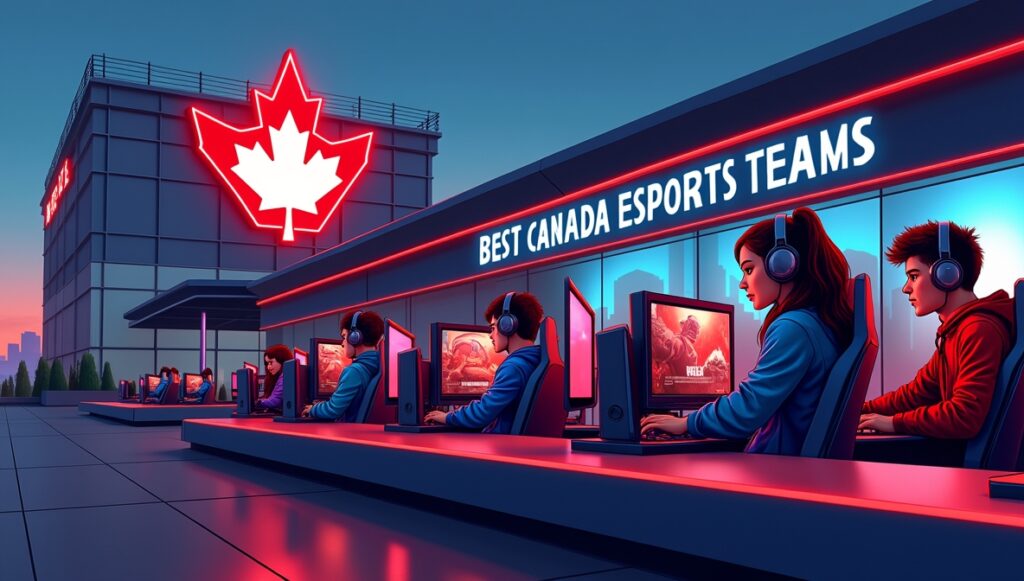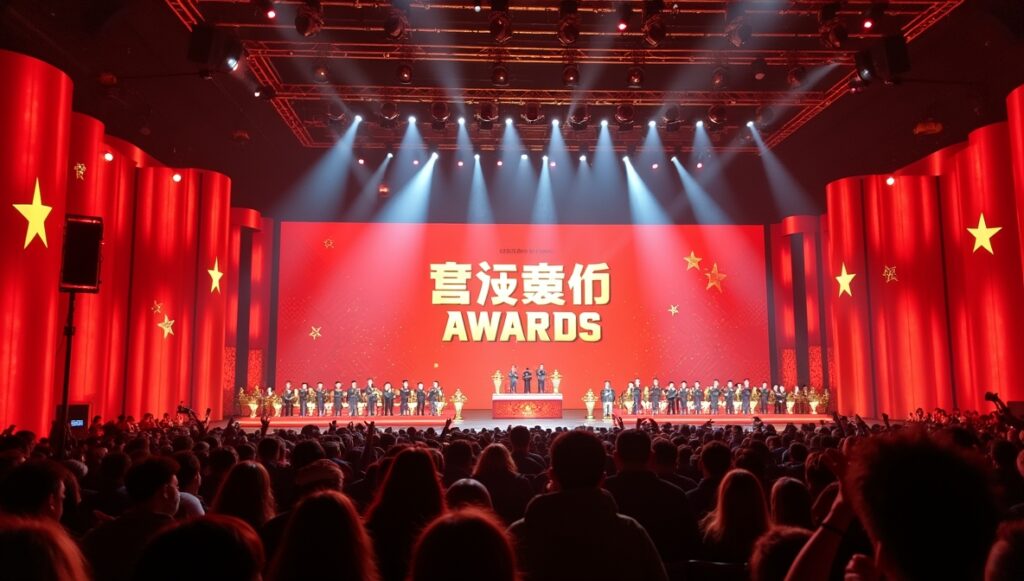Not long ago, I found myself switching between YouTube replays of Jurgen Klopp rallying Liverpool’s players and a behind-the-scenes vlog from MAD Lions’ League of Legends bootcamp. The passion, urgency, and careful eye for detail; they honestly felt cut from the same cloth. And yet, if you ask people who’s the “real” coach, the old debates come alive. The sideline suit versus the headset in a gaming house. Growing up, I idolized Alex Ferguson’s fist-clench after a last-minute winner. Now, I’m just as fascinated by esports coaches like kkOma analyzing each frame for the smallest edge. So why are we comparing these roles now, and do they really share the same mission? Let’s get under the hood and see what the esports coach and sports coach really do.
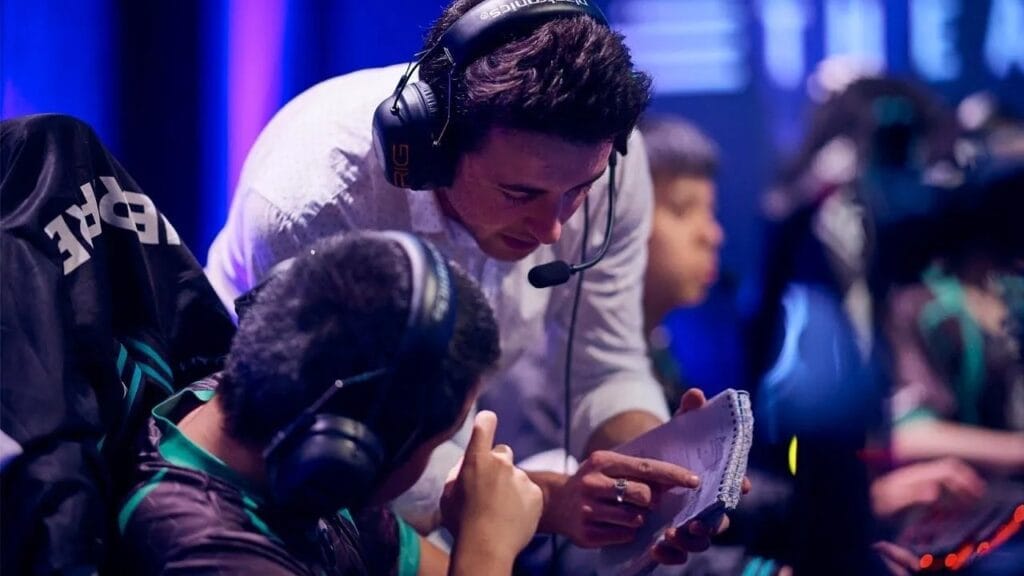
1. What Do Esports Coach and Sports Coach Do? Core Responsibilities
Day in and day out, both kinds of coaches chase the same trophy; crafting ordinary athletes or gamers into championship-winning teams. Their mission; the heart of coaching; is straightforward to explain but impossible to master. It’s about strategy, development, in-game or on-field direction, and, above all, nurturing the spirit that binds five or fifty personalities into a single will.
For a basketball coach, that might mean drawing up out-of-bounds plays or hauling a rookie out of a shooting slump. For an esports coach, the tasks shift: poring over hours of VODs, digging into game patches and meta changes, then explaining a new strategy in words that click for teenage prodigies and veteran pros alike. Tactics matter, sure. But great coaches know when to step in; and when to let players trust their own instincts. Their real superpower? People skills.
2. Unique Aspects: Coaching in Esports vs. Traditional Sports
Slide behind the scenes and unique differences appear. The esports coach and sports coach each have their own challenges. Esports coaching leans heavily on technology. Video review is constant; every mouse click and decision in games like CS:GO or Dota 2 is scrutinized, slowed, and debated. Coaches juggle patch note spreadsheets, remote scrims (often across time zones), and the challenge of connecting with players who might be younger and even less experienced than their rivals’ water boys.
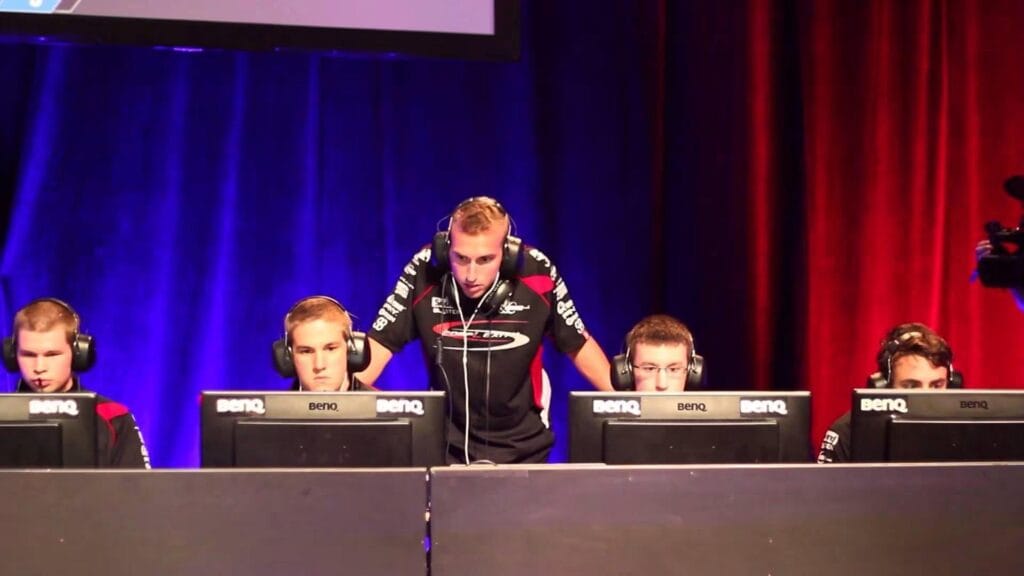
Traditional sports coaching rides on history and ritual. A sports coach runs drills, motivates veterans, builds fitness plans, and tries to read the rhythm of a live crowd; all while the clock ticks and the grass sweats. Meanwhile, the esports coach faces a different arena but shares many of the same challenges: strategy, motivation, and team cohesion. Yet even here, technology is closing the gap between the two worlds—think VAR in soccer, real-time analytics in basketball, and biometric data fueling training decisions. Still, there’s nothing quite like seeing Sir Alex Ferguson command a room with sheer presence; something even the best esports coaches aspire to, headset or not.
3. Pathways to Coaching: How Do Coaches Become Coaches?
I remember the goosebumps listening to Zonic (famous CS:GO coach) talk about his days as a pro before transitioning to coaching. The truth? Most esports coach and sports coach are former players; they climb the ranks in ranked tournaments or academy teams, then pivot from star performer to guiding hand. Breakout strategic minds often catch the eye even without playing in top leagues, but credibility comes quickest after years in the competitive scene.
The path looks tidier in sports. You’ll find certifications, degrees, even national-level coaching badges governed by FIFA or the IOC. You could start as a player, study sports science, or coach youth teams before hitting the big leagues. These formal steps offer structure; and, sometimes, security; that esports simply doesn’t have yet. It’s a young industry finding its own standards.
4. Skills, Qualities, and Day-to-Day Life
If there’s one universal truth, it’s this: coaching is more psychology than playbook. Communication, empathy, forward-thinking tactics, conflict mediation; these are the real difference-makers. Esports and sports coaches alike wake up to a full calendar. There’s reviewing game footage, team meetings, scrims (or practice), fitness training, silent one-on-ones, plus negotiating lineups and defusing blowups between personalities. Most esports coaches tell me burnout is real. But it’s also grueling in sports: constant travel, public scrutiny, and the expectation to perform with every match.
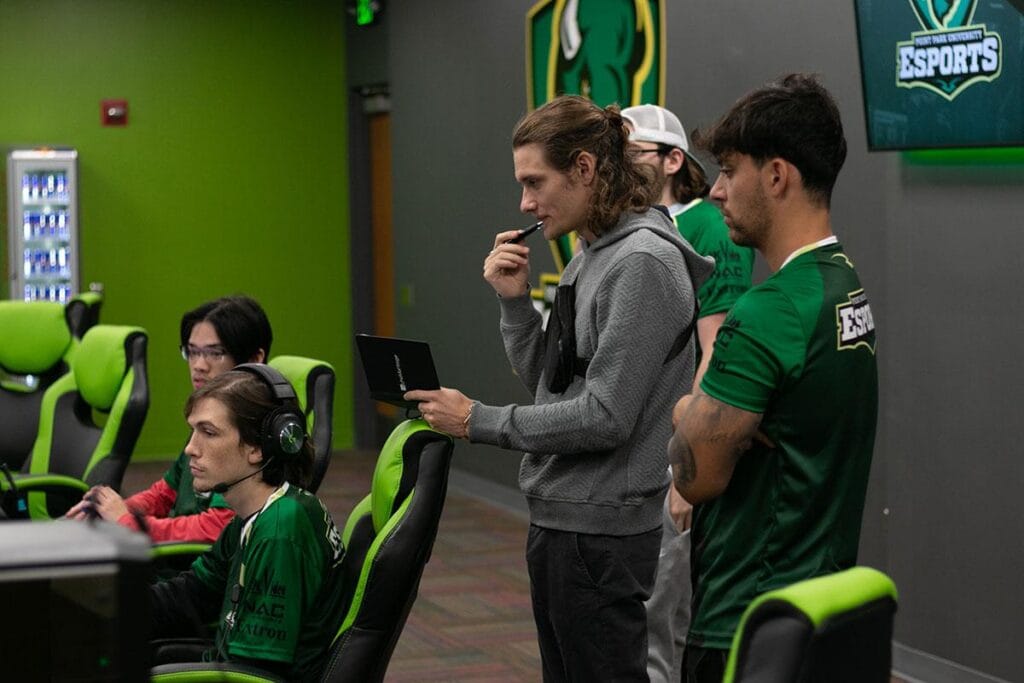
And how do they build trust? Through consistency. Coaches show up, hold the standard, and remind each player, whether on a dusty field or a glowing screen, that they belong.
5. Impact on Team Performance and Culture
Some say a coach is only as good as their last trophy, but the truth is more subtle. When KKoma guided SKT T1 to multiple Worlds finals, his magic wasn’t just draft picks; it was rebuilding team identity after star departures. The esports coach and sports coach both know it’s about shaping a culture of trust and resilience. Watch Phil Jackson coach Michael Jordan, and you see the same narrative.
Often it’s the “little” wins in practice; the way a split callout changes a Dota 2 series, or the sideline banter that relieves tension before a penalty kick; that lay the foundation for glory. Coaches steady the ship through slumps and roster shake-ups, shield players from harsh press, and, sometimes, are the first to take blame and last to claim praise.
6. Pay, Job Security & Recognition
Let’s talk numbers. Top sports coaches can net millions: Pep Guardiola’s salary at Man City reportedly tops €20 million a year. NBA and NFL coaches at the highest level earn similar amounts, with massive contracts but unyielding expectations. In esports, salaries are more modest; elite LCS or CS:GO coaches might make $200,000–$500,000 per year with bonuses and revenue shares for deep runs.
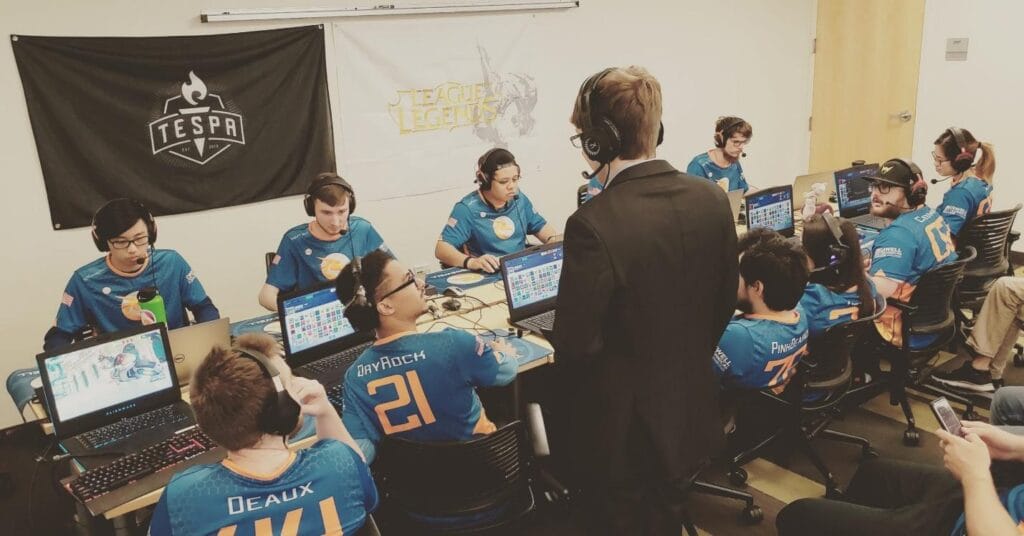
Job security? Both worlds are volatile. A bad season leads to the axe, even for legends. Media respect, though, is growing in esports. You’ll now find Coach of the Split awards, in-depth interviews, and fan recognition. Still, the fame and multi-generational legacy are more cemented in traditional sports; at least for now.
7. Challenges and The Future of Coaching
Every side faces unique storms. Esports coach and sports coach battle different challenges. Esports coaches face fast-changing game patches, younger and more international teams, and the lack of clear paths or union protections. Sports coaches confront aging rosters, injuries, media politics, and, increasingly, the challenge of incorporating technology without losing the heart of personal connection.
Will these worlds merge? With VR, AI-driven analytics, remote coaching apps, and a global marketplace for player development, it feels inevitable. More coaches from both fields now swap strategies and ideas at conferences and via social media. If you ask me, I think both sections could learn plenty from each other: esports can borrow structure and career protections, while traditional sports can take cues from the data-driven mindset and adaptability that esports teams embrace.
Empowering Coaches and Leaders, One Bracket at a Time: Tournova’s Quiet Role in Every Victory
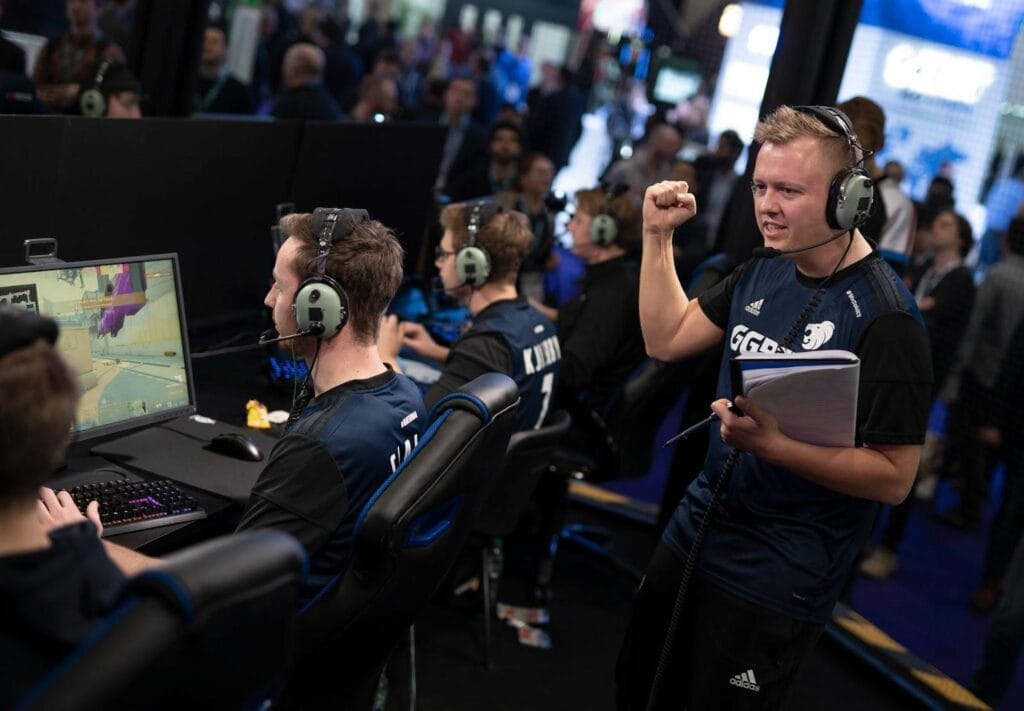
Behind every trailblazing coach, whether zooming through DOTA 2 replays or mapping soccer practice sessions, is the need for seamless organization, room for growth, and true player engagement. That’s where Tournova quietly steps in. By automating tournament registration, bracket management, and even prize distribution on platforms like Discord and Telegram, Tournova lets coaches (and aspiring mentors) focus on what matters: building trust, refining strategies, and mentoring teams without tech hurdles getting in the way.
Tournova’s flexible, token-driven ecosystem invites everyone; coaches, organizers, and players alike; to experience structured competition with real incentives and transparent, easy-to-manage tools. Whether you’re an esports coach and sports coach, an ex-pro guiding your first amateur squad or a group mentor fostering team culture, Tournova gives you the digital clipboard you need, making the leap from “enthusiast” to “leader” a little less daunting and a lot more fun. Every great coach deserves a strong foundation; and Tournova is built to be exactly that.
8. Final Word: Guiding a New Generation of Champions
A coach; no matter the arena; wears a thousand hats: mentor, tactician, critic, friend. They are the steady hands behind legendary clutch calls, the silent boosters of self-esteem, the architects of team culture and performance. Whether it’s on a field with muddy boots or in a practice room glowing with RGB lighting, coaches shape tomorrow’s champions. If you dream of leading a team, don’t think you have to choose between worlds. In 2025 and beyond, the art of coaching is more open, more important, and more creative than ever. And maybe, just maybe, your sideline; or command center; will be where history is made next. Thanks for reading! Feel free to share your own stories of game-changing coaching moments, whether from the playground, the pitch, or your favorite esports stream. The esports coach and sports coach alike help shape the future of competition. This world needs more mentors willing to cross boundaries and inspire new leaders, no matter the game.
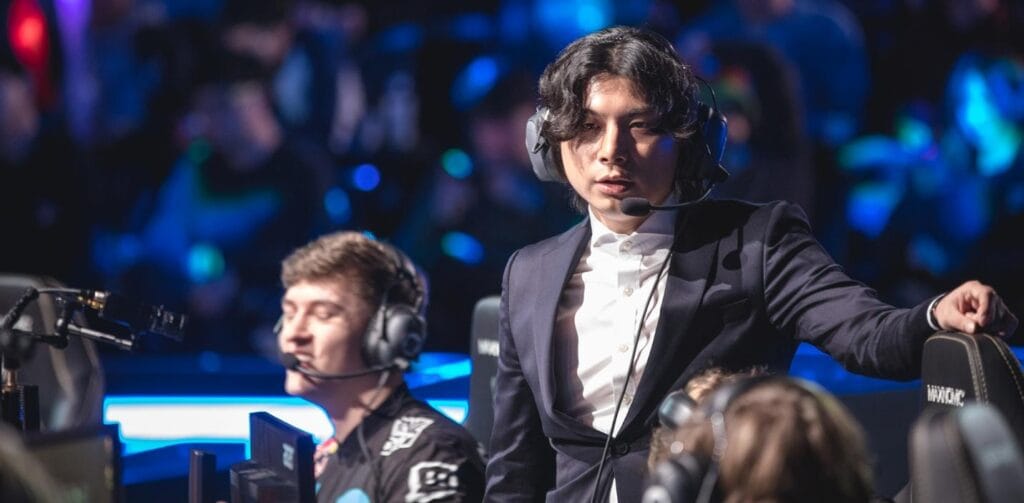
FAQs
1. Do esports coaches work with sports psychologists, or is it mainly a sports thing?
Many top esports teams now employ sports psychologists just like traditional teams. The goal is to help pros build mental resilience, manage stress, and communicate better under pressure; vital for staying sharp during long tournament seasons.
2. How do coaches (in both fields) handle disputes or ego clashes within their teams?
Great coaches are also great mediators. They often run “airing out” sessions, encourage open talks, or bring in third-party counselors to help patch things up, preventing small issues from becoming season-ending divides.
3. Can someone with no pro playing experience realistically become an esports or sports coach?
It’s tough, but possible. In sports, you see coaches rise through education and grassroots work; in esports, the player-to-coach route is still dominant, but teams have started respecting analytic minds and strong communicators from outside the traditional ladder, especially on the analyst or strategy side.
4. What are some famous examples of coaches radically changing a team?
Sir Alex Ferguson’s Manchester United turnaround; turning a struggling side into global giants; is legendary. In esports, Zonic’s leadership rebuilt Astralis into a CS:GO dynasty after years in the wilderness. In both cases, creative coaching and trust transformed squads from also-rans to legends.
Infographics:
Esports Coach vs Sports Coach: Guiding Next-Gen Teams
Core Roles
– Both shape raw talent into winning teams; strategy, motivation, player growth, and keeping squads sharp for the big moments.
– Sports coaches lead on the pitch, manage drills, in-game calls, & fitness.
– Esports coaches dig into game replays, meta shifts, and mindset sessions; guiding teens and pros through digital and real-life teamwork.
Unique Challenges
– Esports: Rapid meta changes, remote lineups, and balancing digital burnout vs breakthrough.
– Sports: Decades-old rituals, physical recovery, dealing with live crowds and unpredictable conditions.
– Both face pressure to blend tech (analytics, wearables) with human touch.
Pathways In
– Most coaches start as high-level players; sports have formal certifications, while esports leans on clan/ladder experience or analyst roles.
Personal Impact & Culture
– Great coaches are part tactician, part therapist; building trust, mediating egos, and sparking team identity.
– Recognition is rising fast: esports now awards top coaches, but legendary status is still more common in sports…for now.
